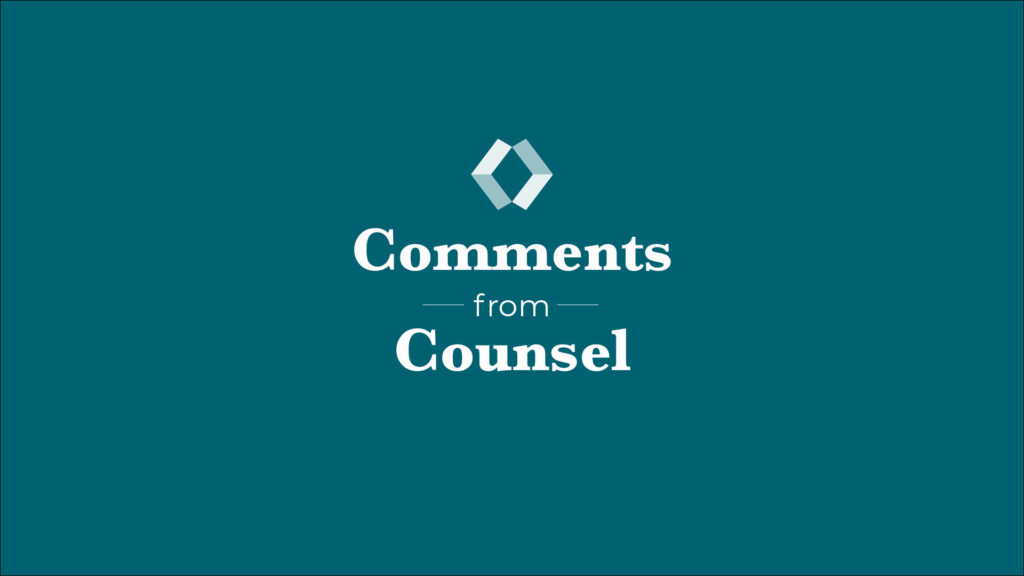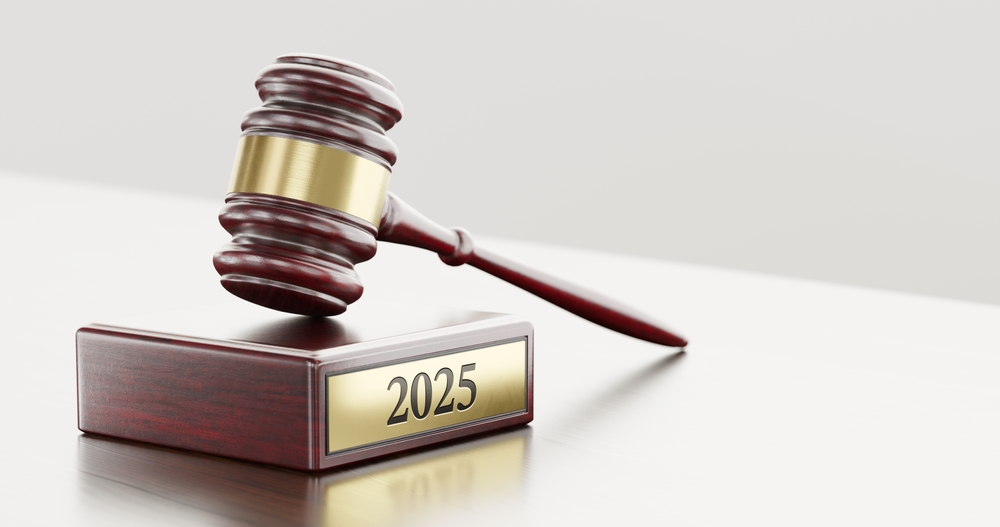[vc_row][vc_column width=”5/6″][vc_column_text]Imagine learning that your identity was stolen and used to rack up $100,000 of credit card debt. Then imagine that the crook went further by purchasing homes, motorcycles, and handguns, before filing for bankruptcy— all in your name. This nightmare scenario is actually a real-life example of one person’s experience as the victim of identity theft. Thankfully, that particular case led Congress to make identity theft a federal crime in 1998. http://www.justice.gov/criminal/fraud/websites/idtheft.html.
However, the penalties against identify theft are little solace to its victims. Government statistics indicate that 11.7 million people, representing 5 percent of all people in the U.S. age 16 and older, were victims of identity theft between 2006 and 2008. http://www.ftc.gov/opa/reporter/idtheft/index.shtml.
How do you avoid becoming a victim of identity theft?
The Department of Justice provides a handy acronym for the four steps you should take to protect your identity: SCAM. http://www.ftc.gov/opa/reporter/idtheft/index.shtml.
S: Be “stingy” about giving out your personal information to others. Adopt a “need to know” approach to your personal data. If you’re traveling, have your mail held at your local post office, or ask someone you know well to hold your mail while you’re away so scam artists can’t get their hands on unsolicited credit cards and other sensitive mail.
C: “Check” your financial information regularly. You should be receiving monthly statements for accounts and credit cards in your name. If monthly statements stop coming, call the financial institution or credit card company immediately and ask why. If someone has gotten your financial data and made unauthorized debits or charges against your financial accounts, checking your monthly statements carefully may be the quickest way to find out. Review those statements closely to make sure there are no unauthorized withdrawals or charges.
A: “Ask” periodically for a copy of your credit report from one of the three credit reporting agencies, Equifax, Experian or TransUnion. Your credit report should list all bank and financial accounts under your name, and provide other indications of whether your identity has been compromised.
M: “Maintain”careful records of your banking and financial accounts. You should retain your monthly statements and checks for at least one year, if not more. You should carefully dispose of any records with personal identification information, such as your social security number, date of birth, and driver’s license number. The regular use of a good cross-cut shredder capable of shredding paper and plastic is recommended, as “dumpster-divers” can easily reassemble shredded records that are cut into linguini rather than confetti.
[/vc_column_text][vc_custom_heading text=”What should you do if your identity has been stolen?” font_container=”tag:h4|text_align:left”][vc_column_text]If you have fallen victim to identity theft, you need to take prompt action. Visit the FTC’s website, which explains how to place an initial fraud alert on your credit file with the credit agencies, how to request copies of your credit reports, and how to file an identity theft report with the FTC. http://www.consumer.ftc.gov/articles/0274-immediate-steps-repair-identity-theft.[/vc_column_text][/vc_column][vc_column width=”1/6″][/vc_column][/vc_row]





